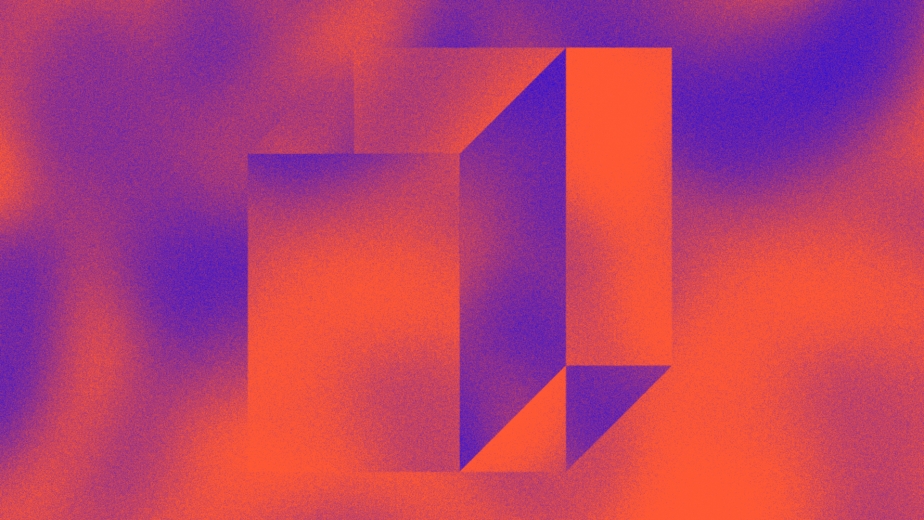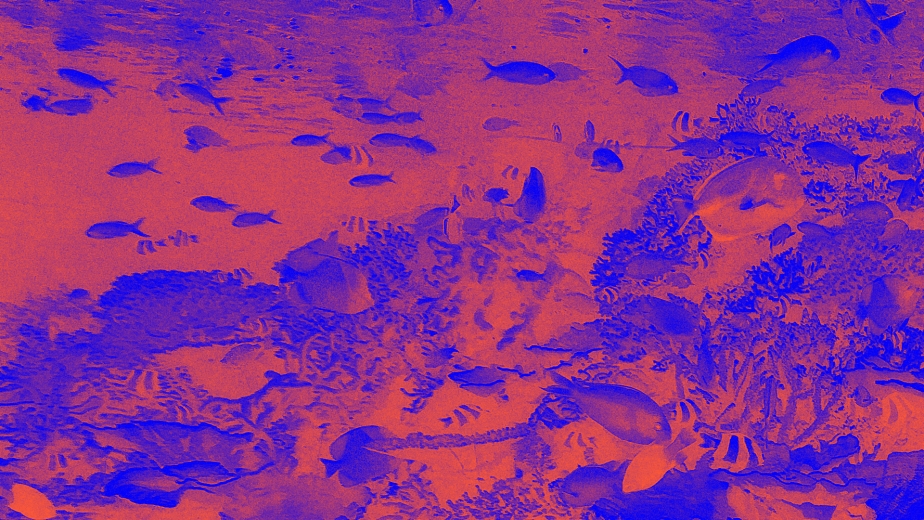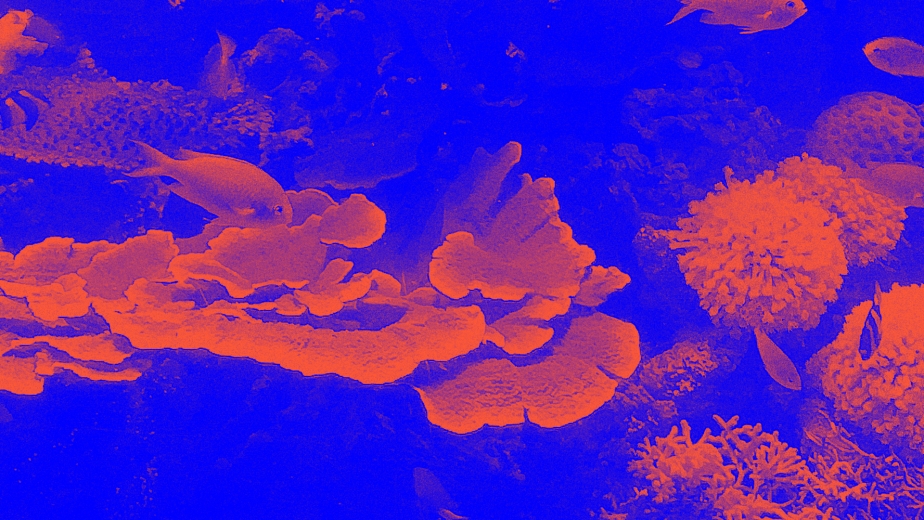
A Metabolic Procession
You are invited to a commemoration, an observance, of the bounties of the sea — resources that seem to us, problematically, practically endless. A meal of mussels, bivalve molluscs, cultivated through zero-input aquaculture from the nutrient rich, salty, coastal waters of Southern Portugal, becomes a ceremony and vigil for the exchanges we engage in when we eat foods from the sea. It is to be a communal meal, set out on architectural forms that reproduce the shell heaps, or “middens”, that ancient peoples left for contemporary archaeologists to interpret, also evoking funeral mounds, or “tumulus.”
Mussels served on the day will be provided by Finisterra, Sagres.
Performance and interventions by artists Evy Jokhova and Jamie Allen.
Evy Jokhova is a multi disciplinary artist whose practice engages with dialogue and relationships between social anthropology, architecture, philosophy and art. Working with drawing, sculpture, installation, sound, film and participatory events, Jokhova aims to bridge gaps between these fields and their inherent hierarchical structures.
Jamie Allen is occupied with the ways that technologies teach us about who we are as individuals, cultures and societies. His work has been exhibited internationally, from the Neue Nationalgalerie in Berlin to the American Museum of Natural History in New York to the Nam June Paik Art Center in Korea. He teaches, lectures and leads workshops widely, engaging with and working to create collaborative contexts that acknowledge how care, attachment and love are central to knowledge practices like art and research.
Architecture of the Enclosed Sea: Between Aquaria and Marine Protected Areas
Workshop and Public programme co-developed with TBA21–Academy
Architecture of the Enclosed Sea: Between Aquaria and Marine Protected Areas explores the architectural, geopolitical and historical resonance of two spatial techniques for knowing and governing marine life in the modern era. The programme compares the respective characters of aquaria and marine protected areas in ocean cultures and marine conservation. Aquariums are volumetric, indoor bodies of water. Marine protected areas are aerial ocean territories spanning tens to tens of thousands of square kilometres. Both serve scientific, political and entertainment purposes; both are used for nature protection and both are reproductive of certain worldviews. What other common stories can be traced along the scale variance of devices that “box the sea”?
The programme inquires and speculates about the ocean architectures of enclosure at the start of the UN’s “Decade of the Ocean”. It will consider the territorial imaginary of enclosed water and the material artefacts which hold it in place, and talks and events will bring to life the dynamics which overflow the fixed boundaries of boxes – as Perspex walls of a tank or lines on a map. Together we will look beyond these inside/ outside categories of watery space to explore cultural ecologies of ocean conviviality, collaboration and cohesion.
Bringing together historians of science, marine biologists, artists, architects, political ecologists and those working to decolonise marine conservation, Architecture of the Enclosed Sea is a full day symposium that weaves together a multidisciplinary dialogue charting the many interrelations between aquaria and marine protected areas. It invites participation from concerned land dwellers, ocean and aquaculture farmers, as well as those from the policy, research and ocean industries to collectively explore the possibilities and problems of ocean enclosures.
This programme includes both two days of workshops for registered participants and a Public Programme. The Public Programme begins on Friday with the aperitif, at 19.00 in the gardens, and continues throughout Saturday between 11.30 and 7.45 with various talks, lectures, debates, and screenings.
Know more about the Public Programme here.

